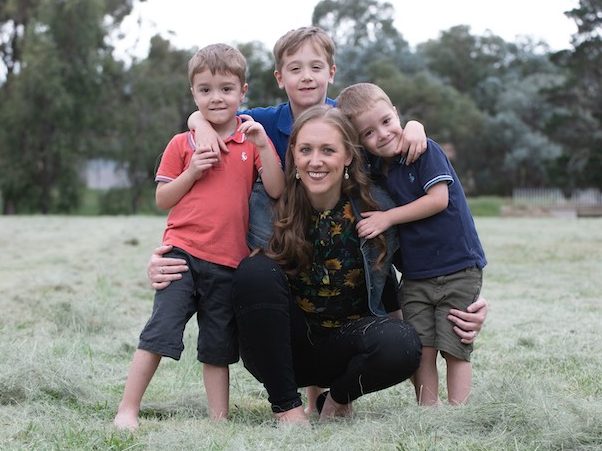
BETH Lefevre was 33 years old and on maternity leave when she discovered a lump in her breast that turned out to be cancerous.
The mum-of-three, who had given birth to twin boys four months earlier, said she felt the lump in the shower but assumed it was mastitis.
“I thought it was a blocked milk duct at first, but within a week the lump started changing shape and it started to feel like a giant blackhead,” said Ms Lefevre.
At the time of her breast-cancer diagnosis, Ms Lefevre’s father was dying from melanoma.
Ms Lefevre had to deal not only with her own health, but also managing her young family and her father’s affairs.
“This was something I didn’t think I’d be dealing with at 33,” she said.
“I felt numb but I just had to get on with it.”
Desperate to find a group of accepting and understanding peers, but unable to find one, Ms Lefevre has started her own.
“It’s called the Younger Women’s Cancer Support Group and it’s just that, for young women aged under 50 dealing with cancer,” said Ms Lefevre.
Now 37, and in remission, Ms Lefevre – a former human resources manager – said the group was a first of its kind in Canberra.
“I don’t want anyone going through cancer to ever feel alone,” she said.
With the help of a $10,000 grant, Ms Lefevre launched a website and hoped to set up networking events and information sessions, taking the group from a Facebook page to a fully fledged support network.
More than 900 young women will be diagnosed with breast cancer each year in Australia, that’s more than two women under 40 each day, according to statistics from the National Breast Cancer Foundation.
Young women diagnosed with breast cancer struggled with different issues than older cancer patients, said Ms Lefevre.
They’re more likely than older women, for example, to have young children.
Other issues particularly pressing to young women could include body image, career building, dating and the potential infertility that could result from cancer treatments.
Despite already having three children, Ms Lefevre needed to make quick decisions about her fertility after having a single mastectomy and intensive chemotherapy.
“That’s another reason I started this group because doctors are doing everything to save your life, but sometimes forget that some women going through intensive cancer treatment are in their early 20s and have not had a family yet… it’s a really difficult time,” she said.
In 2019, with Ms Lefevre’s help, Labor MLA Tara Cheyne moved a motion in the ACT Assembly calling for a territory-wide fertility preservation service.
The ACT government has since committed to establishing a single point of contact for patients under the age of 40 seeking fertility preservation options.
Ms Lefevre said fast-tracking fertility preservation treatment was important because patients had only a small window of time to decide on fertility preservation options, such as freezing eggs or embryos.
“At the moment it takes months and months to start the process for fertility preservation treatment and cancer patients don’t have that amount of time,” she said.
Ms Lefevre said the response to the creation of her cancer support group for young women had been overwhelmingly positive and she had now opened the group to include young carers of cancer patients.
“We have a member whose husband is in the end stage of brain cancer, she’s a mum of twins and it’s absolutely heartbreaking watching what she’s going through,” she said.
Ms Lefevre hoped face-to-face meetings would take place soon and would be a place for laughter, emotional release and where relationships could be formed.
There was also a personal reason for starting the group, said Ms Lefevre, who was inspired by the strength of a stranger early in her cancer journey.
“I was sitting in the waiting room for my first oncology appointment and noticed a lady in her early 30s with a bald head, obviously going through her own cancer ordeal, and she was gently holding the hand of an elderly gentleman who was freaking out about his treatment,” she said.
“I remember thinking, ‘wow, that woman is putting her own crisis aside to comfort that man’ and if that young woman can do it, I can.”
That woman was Rowena Ianna, a 34-year-old mother of two who was also fighting breast cancer.
“We ended up becoming really close friends, we were inseparable, she was the only younger person to help me through,” Ms Lefevre said.
Sadly, Ms Ianna’s cancer progressed and she died in 2019.
“It was heartbreaking, she was just 36 when she died,” Ms Lefevre said.
“The last thing Rowena said to me was that she’d be my guardian angel, so this group is in honour of her, I want everyone to have a Rowena.”
The Younger Women’s Cancer Support Group will be launched at St James Anglican Church, Holt, on March 13. Join at ywcsg.org
Who can be trusted?
In a world of spin and confusion, there’s never been a more important time to support independent journalism in Canberra.
If you trust our work online and want to enforce the power of independent voices, I invite you to make a small contribution.
Every dollar of support is invested back into our journalism to help keep citynews.com.au strong and free.
Thank you,
Ian Meikle, editor
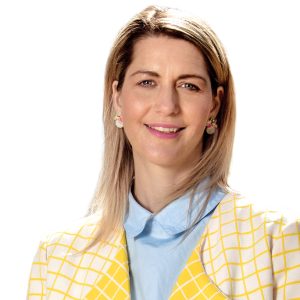
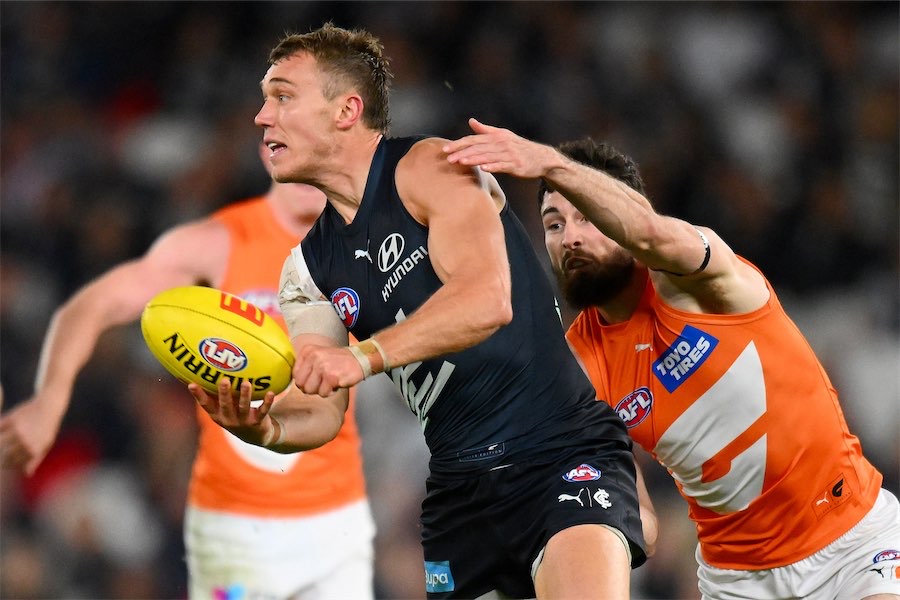
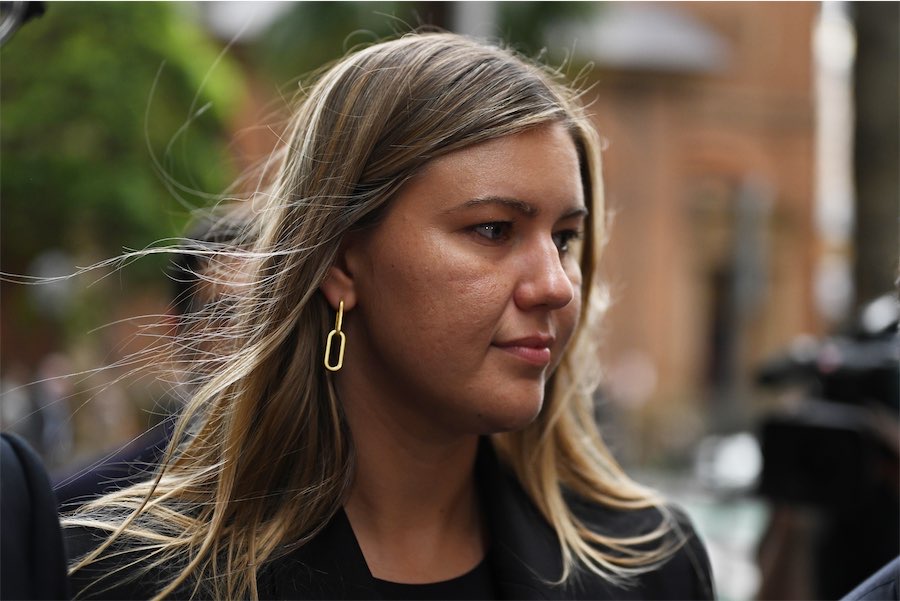
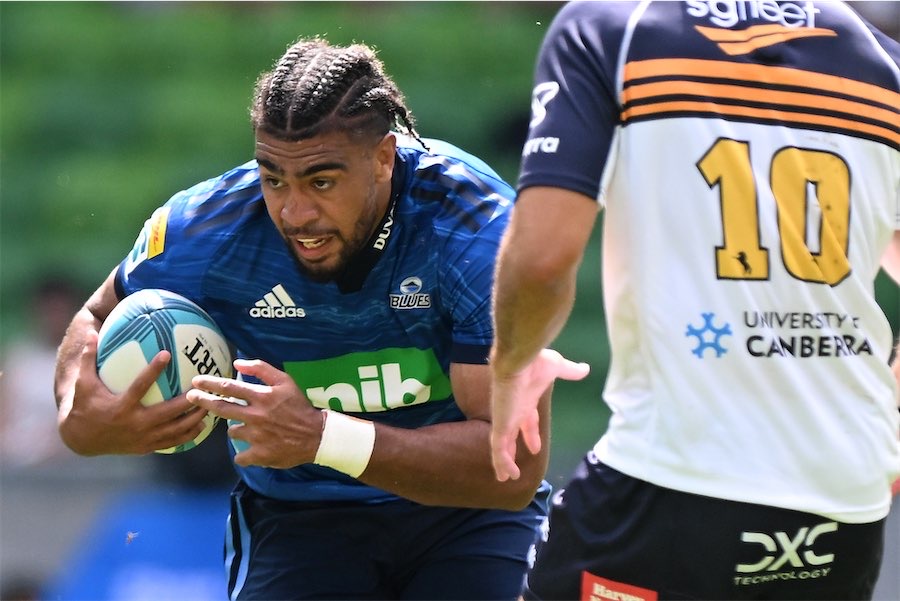

Leave a Reply